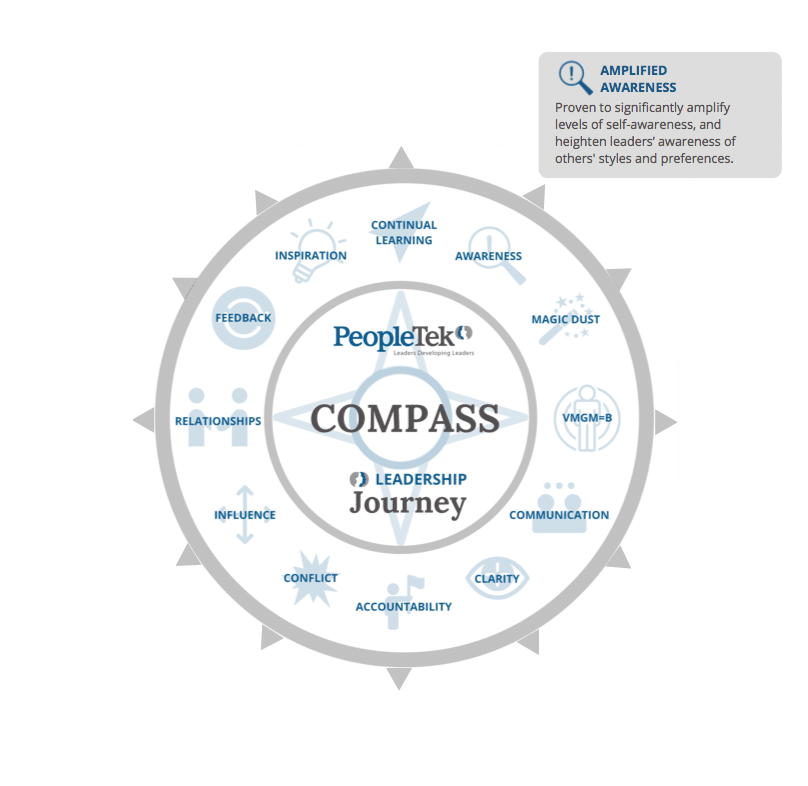The key to an ideal workplace, in one hyphenated word, is this: self-awareness.
–Neil Blumenthal
Awareness continues to be our theme and we suggest conducting a self assessment in what we call the Critical C components. Rate yourself 1 – 10 in each category (10 = highly effective); any area that scores less than 8 can be considered a target growth area:
SCORE
Clarity _____
Communication _____
Coaching _____
Courage _____
Compassion _____
In the past we’ve only talked about 5 Critical C’s, but we ran across a quote by Zig Ziglar that said “you must make a choice to take a chance or your life will never change“, so we’re adding 3 more:
SCORE
Choices _____
Chances _____
Changes _____
Some may be easier to rate than others; ask colleagues, trusted friends, and even family members how they would rate you. It’s a simple form of feedback that may provide you with some great insights. It’s also a great starting point to identify where you are today, and gets you thinking about where you want to be.
Determine what’s most important to you and listen to your inner voice. What behaviors can you modify? Eliminate? Incorporate?
We all benefit from increasing our awareness levels as it enhance relationships, improves results, and drives us to be a more effective leader. Where will you start?
Working together on solving something requires a high level of humility and a
high level of self-awareness.–Paul Polman

